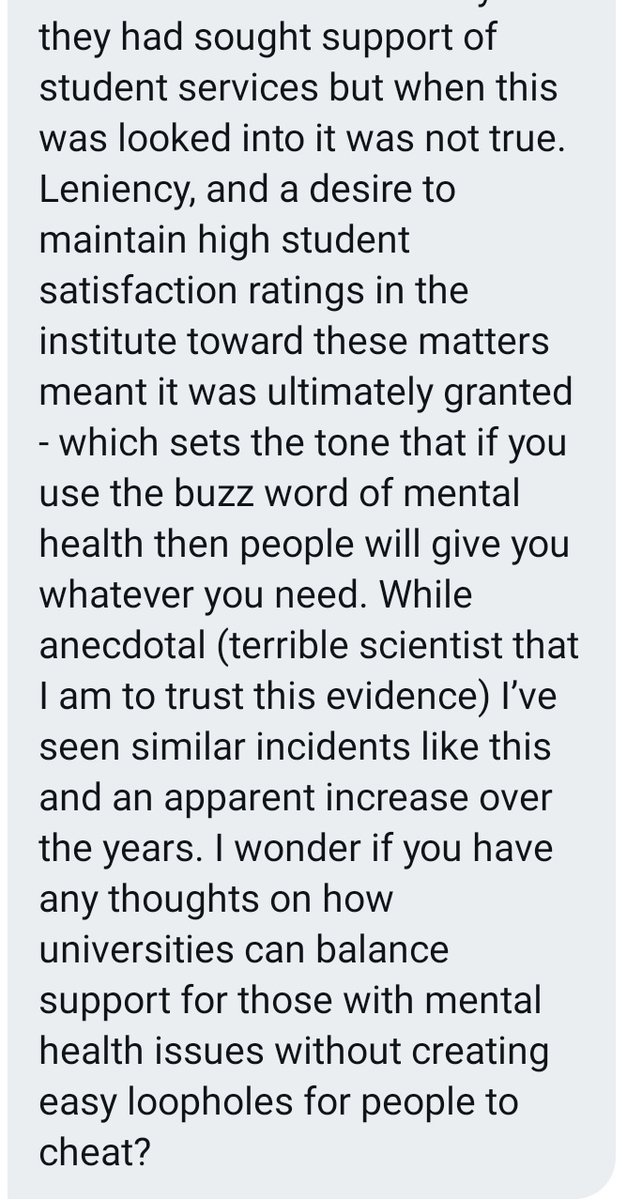
Some accessibility tips for Twitter I've learned over the last few years that are simple to integrate into Twitter use and can make your content accessible for a wider audience. If we are to be allies this is something to think about. A thread ✍️
Put alt text on your images. This can be enabled in Twitter settings and involves writing a descriptive sentence about the image you have tweeted. Without this, the image you post is not accessible to visually impaired Twitter users. @AltTxtReminder is a good tool to remind you.
Capitalise individual words in hashtags (called Camel Case). For example #AcademicMentalHealth. This is important for screenreaders as it will then read every individual word in the hashtag rather than a muddle of blended words.
Don't do a long string of emojis. Again on screenreaders a string of emojis will be read as 🚩🚩🚩 [red flag] [red flag] [red flag] for each emoji. This gets pretty annoying after the first few. As a rule of thumb, I do a maximum of 5 in a row. 🚩x100000 is more accessible.
Add captions to your videos. There are a range of free captioning apps including Kaptioned, which can be used to add captions to videos to make sure content is accessible to deaf Twitter users, as well as people scrolling on by without sound activated.
Don't use text emojis. Text emojis such as :) will get read as "colon" "bracket" so lose their effect for screenreader users. It's better to use an emoji such as 😊
Check GIFs alt text. There is often default alt text on GIFs on here, but usually the default doesn't actually describe the situation properly. Going in and changing that text to be more descriptive is helpful.
Retweeting accessible content. Hashtags like @/get_altText can help you check if other content has alt text before retweeting. If you still want to retweet that content you can add the description in text on your retweet.
I should add to this that the one person that's taught me the most about accessibility on here is @StephZihms, thank you
• • •
Missing some Tweet in this thread? You can try to
force a refresh







